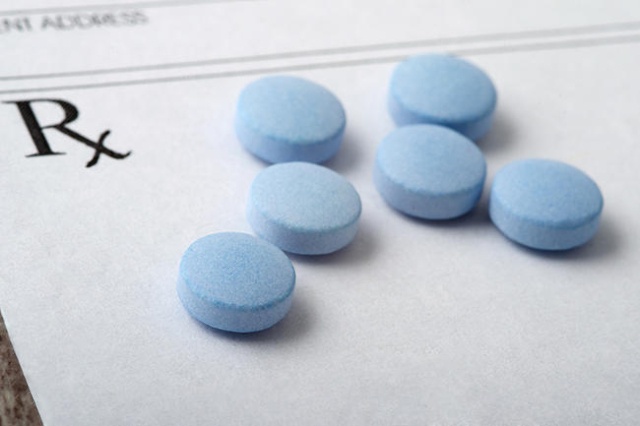Tales of opioid abuse hit nerve
Like voices calling from the shadows, residents touched by oxycodone continue to reach out and react to recent columns on the use and abuse of the powerful prescription painkiller.
The dozens of responses I've received run the gamut from empathy to sarcasm, from a belief that society can and should do more to serve and protect its citizens to a sense that pill-poppers got into the mess and should be responsible to extricating themselves from addiction's abyss.
And then there was Mike, who shared his family's experience.
"I read with interest your article on one family's issues with opioid addiction," he began. "What you failed to mention is the ready availability of illegal opioid purchases through employees of the local hospitals."
Hospitals and clinics have a strict set of guidelines to follow when it comes to access and issuance of prescription opioids. Unfortunately, some maintain higher professional practices than others.
"These hospitals, although they are supposed to closely monitor their pharmacies and access to all types of pharmaceuticals, actually fail to do so," Mike continued. "How do I know? Our daughter used to work in a hospital as a radiology technician, and as one who suffered from chronic back pain through a history of scoliosis, became addicted through prescription use of opioids. When she had need for more than the quantity authorized through her prescriptions, she relied on orderlies who had access to the pharmacies by virtue of having to clean them, who also stole from these pharmacies and made opioids available on a by-the-pill basis."
Between the throes of addiction and job loss, his daughter went into the night and never returned.
"These pills were then used by her, after protracted unemployment, to commit suicide," he said. "She had mentioned this to senior people at the hospital where she worked, during her attempted recovery from opioid abuse, after her layoff, and they made no effort to fire the person who sold her the drugs. I even informed the police after I discovered her lifeless body that she overdosed from illegal opioid purchases (her death was ruled a suicide from drug overdose)."
The distraught father, angered by the ease of access to drugs that helped his daughter taker her own life, tried to pursue the case criminally.
"I showed the police her texts on her cell phone with the seller," he said. "I also showed them the messages on her Facebook page with the seller. In addition, I even encouraged our daughter's friend, who befriended us during our period of mourning and then stole $10,000 worth of jewelry and cameras to pawn, so she, supposedly under duress from the seller, could reimburse the seller for our daughter's drug purchases — since our daughter could no longer pay as she had committed suicide — to turn in the seller."
There's also another side, one that finds people suffering from severe injury and chronic pain and seeking relief any way they can. There's a difference between addiction and dependence, chronic sufferer Greg reminds me.
"I use the example of someone using insulin for diabetes or any blood pressure medicine daily," he writes. "They are dependent on those medications to survive and function normally, thus it isn't said those folks are addicted to insulin, however someone who takes pain meds, as I do, for very real severe chronic pain is just as dependent on the medications as the diabetic, yet they're called addicts."
His is not a typical pain in the neck.
"I have 12 to 13 fractured vertebra, gravity is my mortal enemy, I describe the pain by asking,'Have you ever had a very severe toothache?' Well, I have the equivalent of 12 to 13 toothaches all day/night. Unlike a toothache, my vertebra cannot be removed, casted, replaced, or actually anything other than pain management. This is the difference between someone being addicted to pain meds or dependent on pain meds. It's a distinction in terminology I have tried hard to have people like yourself use because there really is a huge difference between the two terms."
That's the problem with the epidemic opioid addiction and abuse, he says. It also stigmatizes those who use the powerful painkillers to survive the day.
John L. Smith's column appears Sunday, Tuesday, Wednesday, Friday and Saturday. He can be reached at 702-383-0295 or jsmith@reviewjournal.com. On Twitter: @jlnevadasmith

















